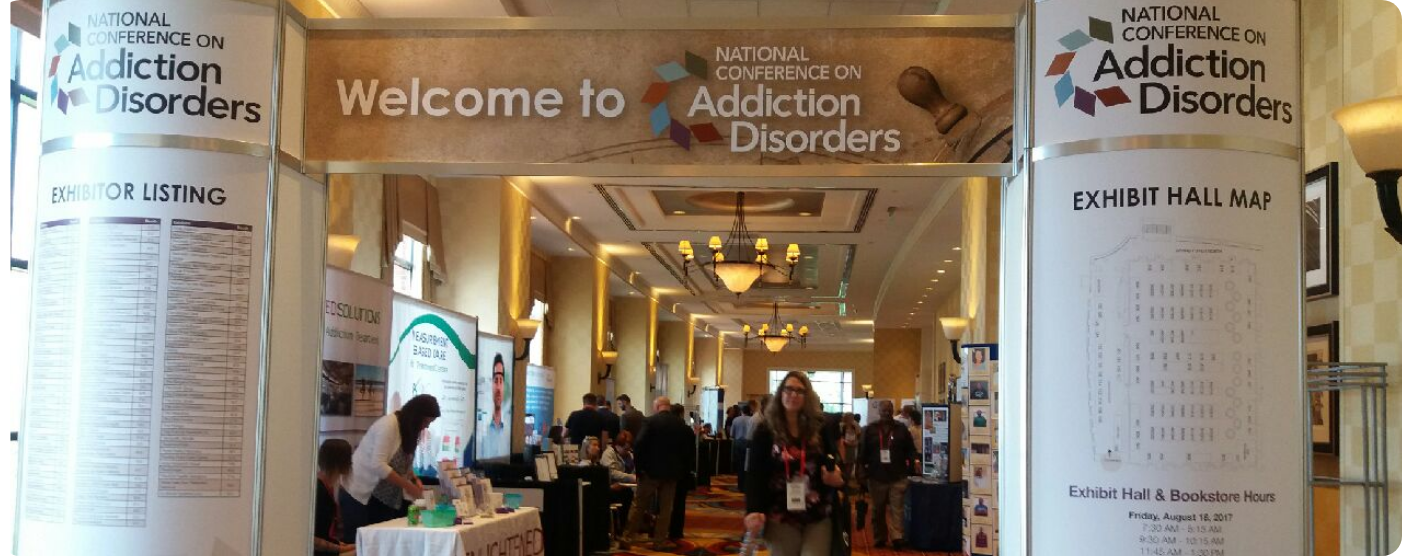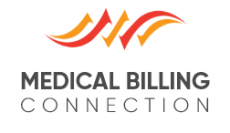
National Conference on Addiction Disorders
By Admin, 8/23/2017
NCAD’s attendees are grouped into three categories:
• Clinical professionals who deliver prevention, intervention, treatment, and recovery-focused services to prevent or treat addictions and co-occurring disorders
• The executive leadership of treatment organizations, including residential treatment centers, community mental health centers, inpatient hospitals, intensive outpatient and other outpatient settings, as well as investors in the market working with these organizations
Business development, marketing, and admissions professionals focused in the addiction/behavioral healthcare field.
Conference Focus Knowledge that builds and sustains clinical excellence in treatment of addictions and co-occurring mental health disorders, as well as strategies and tools that drive organizational and service delivery excellence.
Adi Jaffe, Addiction expert, Adi Jaffe
Clinical diagnoses and negative social expectations can hinder a client’s treatment progress by leading them to fall short of their true potential for recovery. Yet nearly every manifestation of a disorder is unique with its own symptoms, strengths and weaknesses. Clinicians do their best at identifying conditions, causes and remedies, but the reality is that addiction treatment as a profession is in an ongoing state of refinement, and labels are approximations at best. This presentation will incorporate and expand on different cognitive biases such as Expectancy Effect and Stereotype Threat that exacerbate the feelings of shame in the recovery setting. Attendees will learn to differentiate and identify the shameful labels used within the field and how they stop individuals from seeking help. In addition, they will gain tools to help clients rise above the shame of negative labels.
Speakers: Reef Karim, CEO, Speaker, Author, Lumion Center
Treatment recidivism in addictive disorders continues to be a huge problem in society. The lack of a universal framework of treatment and no standardized outcome measures leaves many treatment owners and providers ineffective in their ability to treat clients and their families suffering from substance abuse and co-occurring disorders. There seems to be a disconnect between the neuroscience research community (biological), the psychological community, the counseling community and the spiritual and wellness community. This disconnect leads to a lack of integration in care often generating poor outcomes. This session will address the industry in a raw and evidence based manner. With decades of clinical experience, publications in prestigious journals and substantial academic training and thought leadership, Reef Karim developed a model for addiction treatment that is both comprehensive and effective in blending five key domains. He will discuss what works and what doesn’t and highlight what recovery really means and how a great number of rehab centers fall short in preparing their clients for positive future outcomes.
Speakers: Brennon Moore, Therapist & Speaker, The Refuge- A Healing Place
It’s an undeniable reality that the clients seeking treatment for addiction are getting younger each year. Often times, younger male clients will be labeled as defiant, unwilling to make change, lacking acceptance of their addiction and resistant to authority. As a result of these classifications, these young male clients are often discharged or transferred to other facilities and the underlying force behind these destructive behaviors is ignored.
This presentation will explore the prevalence of childhood sexual abuse among young men seeking mental health and addiction care and how a history of this may create the defiant client we see before us. Theories of attachment, trauma repetition patterns and an exploration of how trauma and addiction literally changes the undeveloped brains of these young clients will help explain this process. This presentation will explore the importance of finding a tribe: a new group of men to help normalize and make sense of the darkness. It will explore experiential approaches used by the clinical team at The Refuge and ultimately how long-term sobriety and success emerges when we can help a client find strength and meaning in their trauma while writing their recovery story.
• Clinical professionals who deliver prevention, intervention, treatment, and recovery-focused services to prevent or treat addictions and co-occurring disorders
• The executive leadership of treatment organizations, including residential treatment centers, community mental health centers, inpatient hospitals, intensive outpatient and other outpatient settings, as well as investors in the market working with these organizations
Business development, marketing, and admissions professionals focused in the addiction/behavioral healthcare field.
Conference Focus Knowledge that builds and sustains clinical excellence in treatment of addictions and co-occurring mental health disorders, as well as strategies and tools that drive organizational and service delivery excellence.
Adi Jaffe, Addiction expert, Adi Jaffe
Clinical diagnoses and negative social expectations can hinder a client’s treatment progress by leading them to fall short of their true potential for recovery. Yet nearly every manifestation of a disorder is unique with its own symptoms, strengths and weaknesses. Clinicians do their best at identifying conditions, causes and remedies, but the reality is that addiction treatment as a profession is in an ongoing state of refinement, and labels are approximations at best. This presentation will incorporate and expand on different cognitive biases such as Expectancy Effect and Stereotype Threat that exacerbate the feelings of shame in the recovery setting. Attendees will learn to differentiate and identify the shameful labels used within the field and how they stop individuals from seeking help. In addition, they will gain tools to help clients rise above the shame of negative labels.
Speakers: Reef Karim, CEO, Speaker, Author, Lumion Center
Treatment recidivism in addictive disorders continues to be a huge problem in society. The lack of a universal framework of treatment and no standardized outcome measures leaves many treatment owners and providers ineffective in their ability to treat clients and their families suffering from substance abuse and co-occurring disorders. There seems to be a disconnect between the neuroscience research community (biological), the psychological community, the counseling community and the spiritual and wellness community. This disconnect leads to a lack of integration in care often generating poor outcomes. This session will address the industry in a raw and evidence based manner. With decades of clinical experience, publications in prestigious journals and substantial academic training and thought leadership, Reef Karim developed a model for addiction treatment that is both comprehensive and effective in blending five key domains. He will discuss what works and what doesn’t and highlight what recovery really means and how a great number of rehab centers fall short in preparing their clients for positive future outcomes.
Speakers: Brennon Moore, Therapist & Speaker, The Refuge- A Healing Place
It’s an undeniable reality that the clients seeking treatment for addiction are getting younger each year. Often times, younger male clients will be labeled as defiant, unwilling to make change, lacking acceptance of their addiction and resistant to authority. As a result of these classifications, these young male clients are often discharged or transferred to other facilities and the underlying force behind these destructive behaviors is ignored.
This presentation will explore the prevalence of childhood sexual abuse among young men seeking mental health and addiction care and how a history of this may create the defiant client we see before us. Theories of attachment, trauma repetition patterns and an exploration of how trauma and addiction literally changes the undeveloped brains of these young clients will help explain this process. This presentation will explore the importance of finding a tribe: a new group of men to help normalize and make sense of the darkness. It will explore experiential approaches used by the clinical team at The Refuge and ultimately how long-term sobriety and success emerges when we can help a client find strength and meaning in their trauma while writing their recovery story.


